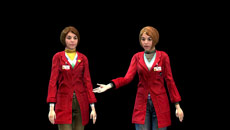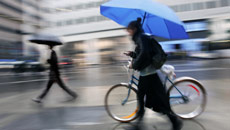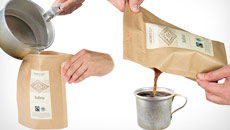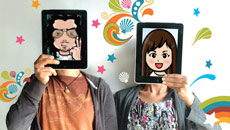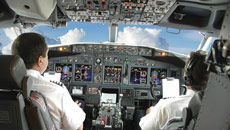Creating those extravagant perfumes that exude an aura of elegance around those who wear them may no longer be the fiefdom of a few experts.
Scientists have now developed a radar that can help perfumers blend new fragrances.
The model “Perfumery Radar 2.0” can help perfumers predict how various combinations of chemicals would smell, researchers said.
It would be a "valuable tool for the pre-formulation stages of fragrance design and classification," thus helping perfumers create new scents, said Miguel Teixeira and colleagues from the Laboratory of Separation and Reaction Engineering in Portugal.
Traditionally, to design new fragrances, perfumers have relied on the sense of smell of the experts and a trial-and-error process, which requires time and some raw materials that are in short supply.
Although expert perfumers have famously well-trained noses, they are still affected by biases, such as personal experience and social habits.
Sometimes they disagree on the nuances of a given fragrance, which can be complex, depending on the number of ingredients and how they interact with each other.
Therefore, the researchers wanted to see if they could quantify what the nose knows and use science to bolster the art of the fragrance industry.
They used it to classify perfumes into families such as floral, citrus or musk, but also to identify their nuances, such as spicy or sweet, fresh or warm.
When compared to how perfumers categorised the fragrances tested, their "radar" closely matched how the experts described them, without subjective biases.
The findings appeared in the journal Industrial & Engineering Chemistry Research.
